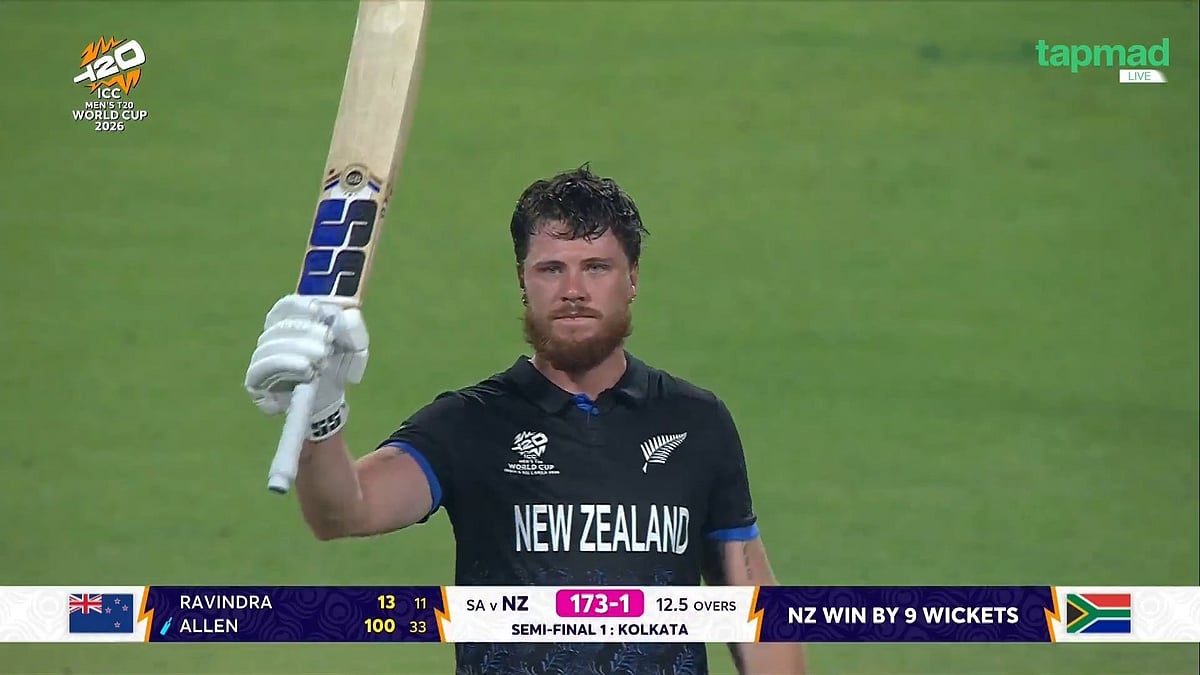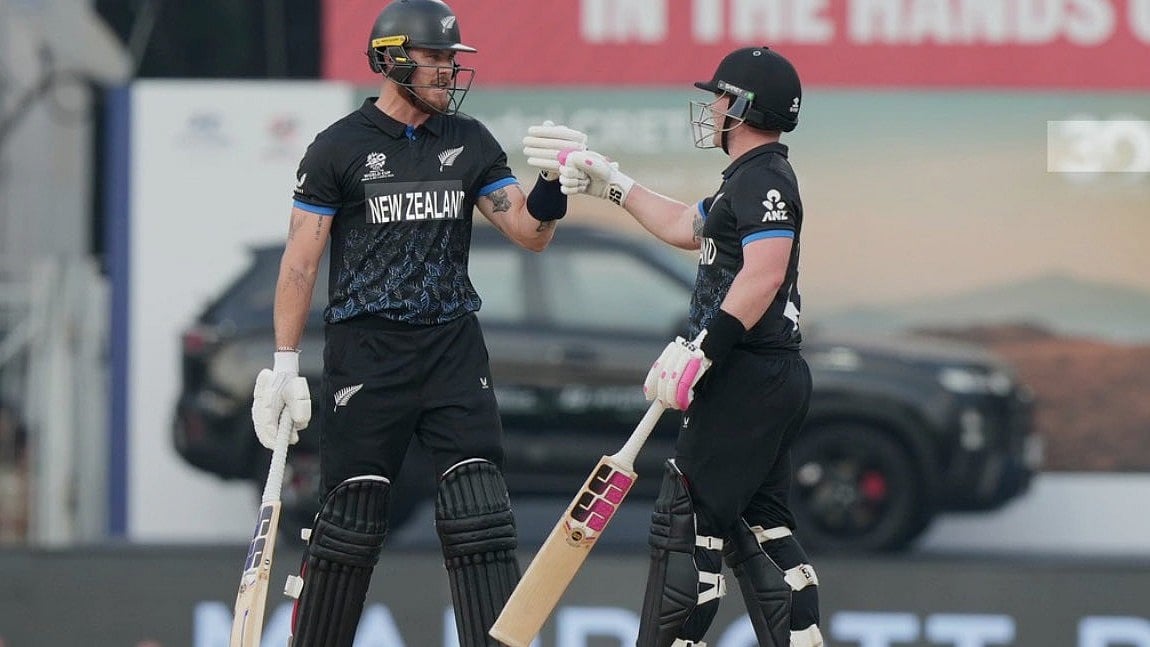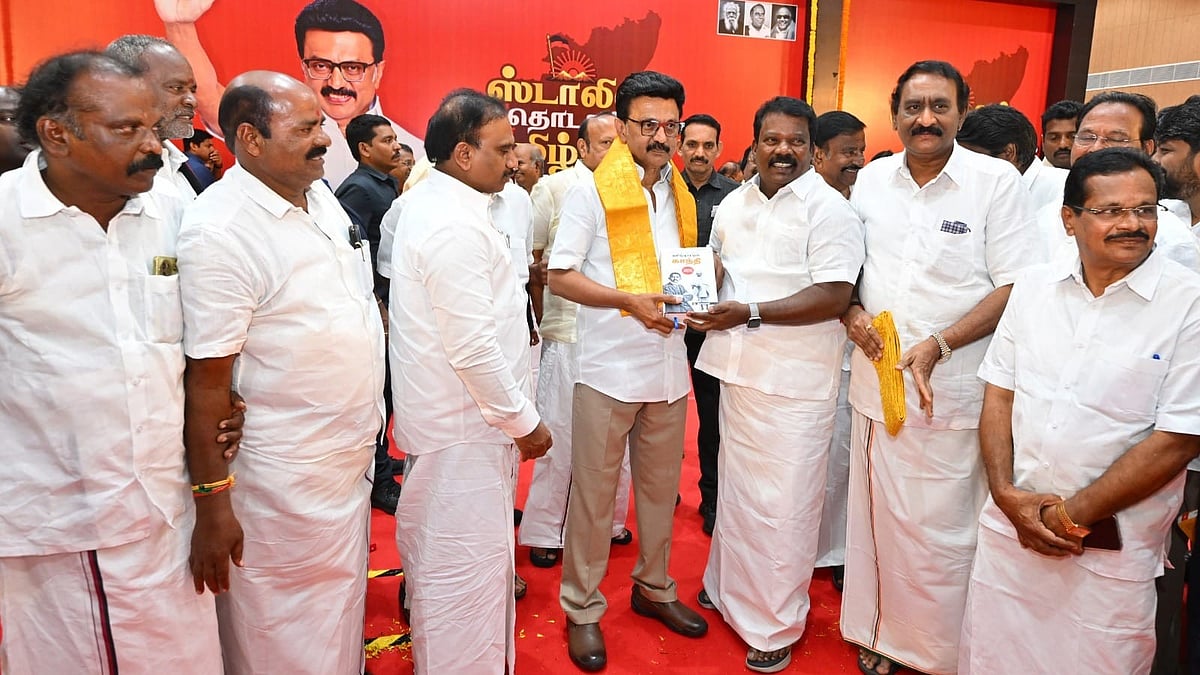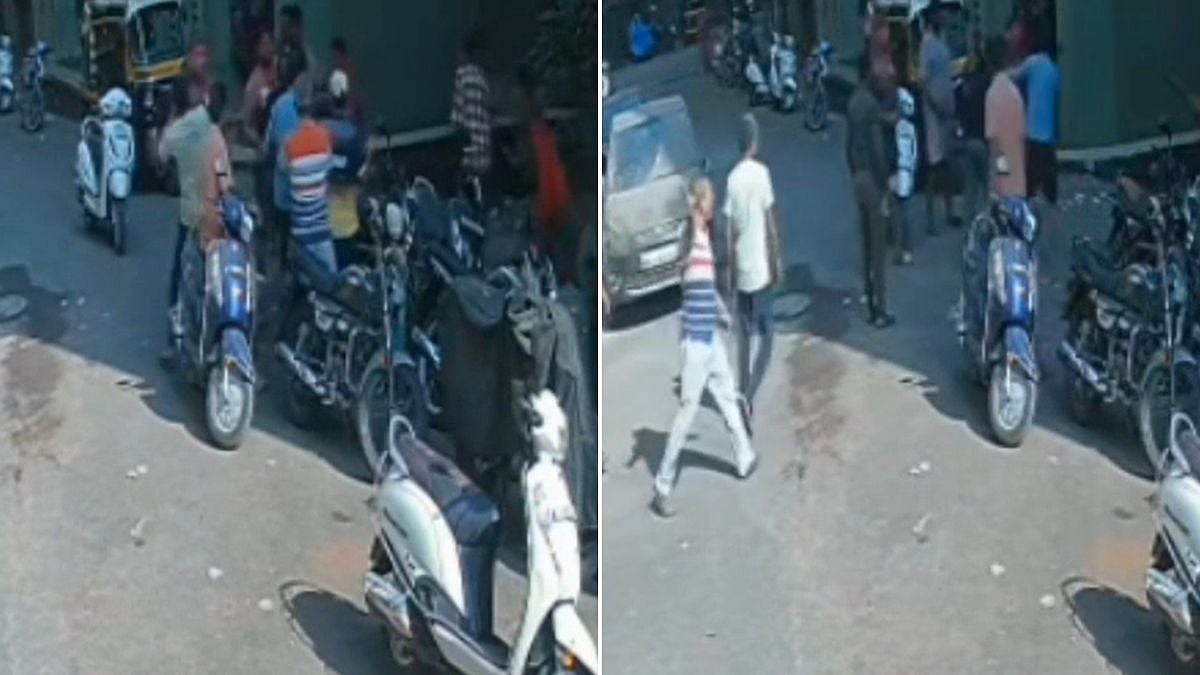The money recovered by lenders from the two big bankrupt airlines in India highlight some interesting issues. The now defunct Kingfisher Airlines, started by Vijay Mallya, ceased operations in 2012, much before the Insolvency and Bankruptcy Code (IBC) came into being in 2016. The bankruptcy of Jet Airways in 2019 was resolved under the new law.
In public perception, Mr Mallya quickly went from a flamboyant businessman to a heartless billionaire who had celebrated a lavish birthday party even as Kingfisher Airlines employees and loans remained unpaid. After trying to settle the multiple cases brought against him by lenders and central agencies, he fled to London. The government is still trying to bring him back.
Meanwhile, recent reports suggest that lenders may have recovered over Rs 7,900 crore of the Rs 9,000 crore that Mallya owed them (principal + interest) through the sale of his shares and other assets that were seized by government authorities.
Lower public profile than Mallya
Mr Naresh Goyal, also a billionaire, maintained a far lower public profile than Mr Mallya, despite having even more friends and well-wishers in high places. He avoided much of the adverse publicity that Mr Mallya attracted. While he was prevented from flying abroad when Jet got grounded in 2019, a Mumbai court has recently closed a criminal case against him.
The public is not baying for his blood though the lenders of Jet had to take a massive haircut in the bankruptcy process. Against claims of some Rs 7,807 crore, the Kalrock-Jalan consortium buying it has proposed a total cash infusion of Rs 1,375 crore for the entire Jet deal. Of this, only Rs 475 crore will go as payment to stakeholders. The lenders will get most of this. (A tiny portion is earmarked for employees and operational creditors).
A caveat: in their heyday, both Jet and Kingfisher offered excellent flying experience for customers. While Kingfisher never made profits, Jet was for long, a profitable market leader. Their failures had more to do with bad strategic decisions, poor operations planning and cut-throat competition.
Pitfalls in lending, IBC
The very different loan recoveries from the two airlines bring out sharply some of the major pitfalls in the lending process, and also the IBC.
When the banks started their recovery efforts, they realised that neither airline had physical assets commensurate with the size of loans taken. Most planes they flew were leased, not owned. There was some real estate on the books but their value was low compared to the default amount. In the service industry, most firms operate on an asset-light model.
One would have expected the bankers to be mindful of collateral, particularly when they continued giving loans despite signs that the businesses were in deep trouble. But they were lending more on the reputation of the two businessmen than on any physical asset or realistic business prospects.
Personal guarantees
To be fair, the later loans to Mr Mallya were backed by his personal guarantees, and he had a profitable liquor empire and stakes in sundry other companies. He also kept increasing his skin in the game -- as Kingfisher continued haemorrhaging money, he sold shares in United Spirits Ltd (USL) to Diageo and United Breweries (UB) to Hieneken, losing control over these businesses.
After he defaulted on his loans, the Central agencies also seized control of his residual assets because of accusations of loan diversion. Mr Mallya fought hard in the courts to keep his assets from being taken over despite having given personal guarantees, but failed eventually.
Different strokes
The bankers had a stroke of luck. The share prices of USL and UB have gone up considerably in the past few years and their sale fetched a lot of money.
For Jet, this was not the case. The real estate holdings of the company also could not be monetised separately by banks once the IBC process started. And in the bankruptcy proceedings, the final bid was barely anything.
The difference in money recovered from the two firms highlights one issue rarely discussed while discussing the IBC. Much of the lending to big businesses is backed more by the reputation of the promoter than anything else. But promoters tend to fight to the bitter end when their personal assets are attached, even if they had originally given personal guarantees.
More importantly, in both cases, bankers moved too slowly. This proved lucky in the Kingfisher case because some of Mr Mallya’s assets that were attached grew in value. In the case of Mr Goyal, the value further eroded.
Employees lost
While the bankers got some money back, both operational creditors and employees lost heavily. The employees of Kingfisher will get nothing from the sale of shares received by the SBI and other lenders while in the case of Jet, they will get a minuscule amount. Operational creditors too have lost much money.
When the government amends the IBC next, they might want to look at how operational creditors and employees are better protected than they are currently. And why lenders tend to throw good money after bad long after they know a business has turned sour.
The writer is former Editor of Business Today and Businessworld magazines




